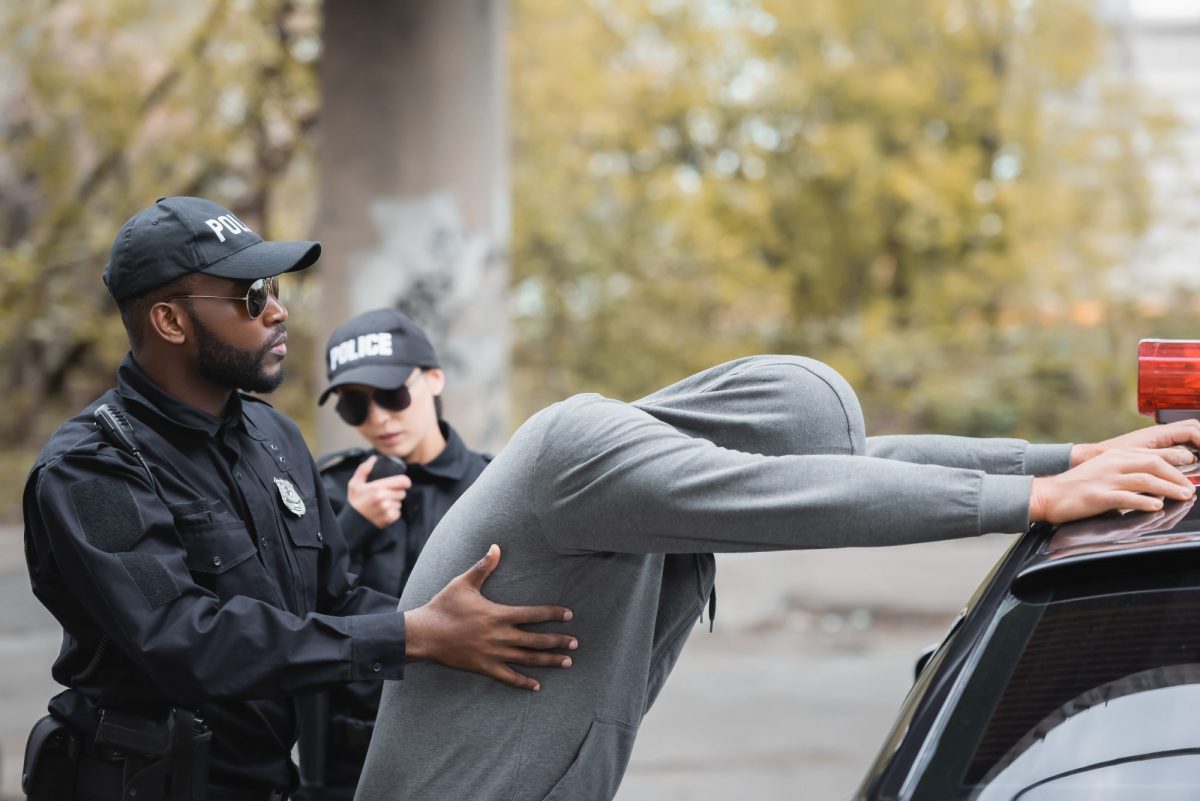Police use various explanations for why they conducted a warrantless search after they pulled you over for a minor traffic infraction. When the basis for a search is not backed up by specific facts — but instead is the result of a hunch or the officer’s “gut” instinct — that generally means that the search violated your constitutional rights and, with the aid of a skilled Santa Barbara criminal defense lawyer, you can get the evidence they seized in that search thrown out.
These cases can be nuanced. The police usually have some reason for what they did, but may not have had a good enough reason.
A recent weapons crime case from Los Angeles County makes for a good example. The interaction began — as many do — with the police pulling over a vehicle for a minor traffic infraction. In this case, the violation was window tinting which didn’t comply with Vehicle Code Section 26708. Once the police made the stop, they smelled marijuana inside the car.
At this point, all the police knew was that the driver was on parole, J.S. was a juvenile on probation, their car smelled of marijuana, and J.S. appeared nervous and “fidgety.” They suspected that the car was possibly involved in a string of previous purse snatchings, but had no definitive proof that J.S. was involved in them.
Nevertheless, the police conducted a “pat-down” search of J.S., finding a gun in his waistband.
This, according to the Court of Appeal, was not a constitutional search and the trial court should have suppressed the gun evidence. The officer who conducted the pat-down search said that he was concerned for his safety because of the possibility that J.S. and the driver were the purse snatchers. This alone, though, didn’t justify the pat-down search because none of the reports related to the purse snatchings mentioned anything about any snatcher having a gun.
Being Nervous Isn’t Proof that You’re Armed and Dangerous…
Text: California courts have clearly laid out that a person’s status as a robbery suspect does not automatically give the police a “blank check” to engage in invasive searches like pat-downs. Rather, whether or not a pat-down is justifiable when confronting a robbery suspect is “individualized” and “fact-driven.” Those facts must, when taken together, demonstrate that suspecting the detainee of being armed and dangerous was reasonable.
Additionally, being nervous and “fidgety” isn’t a valid justification, either. As the court pointed out, nervousness could reasonably be the result of the police’s extended questioning, especially given J.S.’s race and the history of “highly publicized acts of police violence against minorities.”
…and Neither is Wearing a Hoodie and Baggy Jeans
Another basis the police aren’t allowed to use is your clothing. In that scenario, the case involved an officer in Vacaville who stopped a vehicle because its license plate light and third brake light weren’t working. The officer detected no aroma of alcohol or marijuana, the driver did not appear intoxicated, and his license, registration, and insurance were valid. Nevertheless, the officer ordered the driver out of his car and conducted a pat-down search, whereupon he found a gun.
The officer said he performed the search because he recognized (by name) the driver as someone with a violent criminal history and because the driver was wearing a “hoodie… and jeans. The hoodie naturally has bulges in it, so based upon defendant’s history of weapons, I elected to… pat him down.”
The trial court and the appeals court both agreed the search was unconstitutional. The law requires “specific and articulable facts known to that officer that would lead that officer to believe that [the suspect] was presently armed and dangerous.” This officer didn’t have that. His statement — that, in his opinion, there was a “good chance” the driver was armed — essentially exposed that he was acting on a speculative hunch, not specific facts.
Whether you are facing a felony or a misdemeanor criminal charge, The Law Offices of Tristan Verburgt is dedicated to helping you defend yourself and vindicate your constitutional rights. The key to a successful defense may come during your trial, or it may be a pretrial motion like an effective motion to dismiss illegally obtained evidence. Attorney Verburgt is a knowledgeable Santa Barbara criminal defense attorney with extensive experience to give you an effective and powerful voice throughout the process. To learn more, contact us online or call (805) 220-3923.








 by Ohava
by Ohava